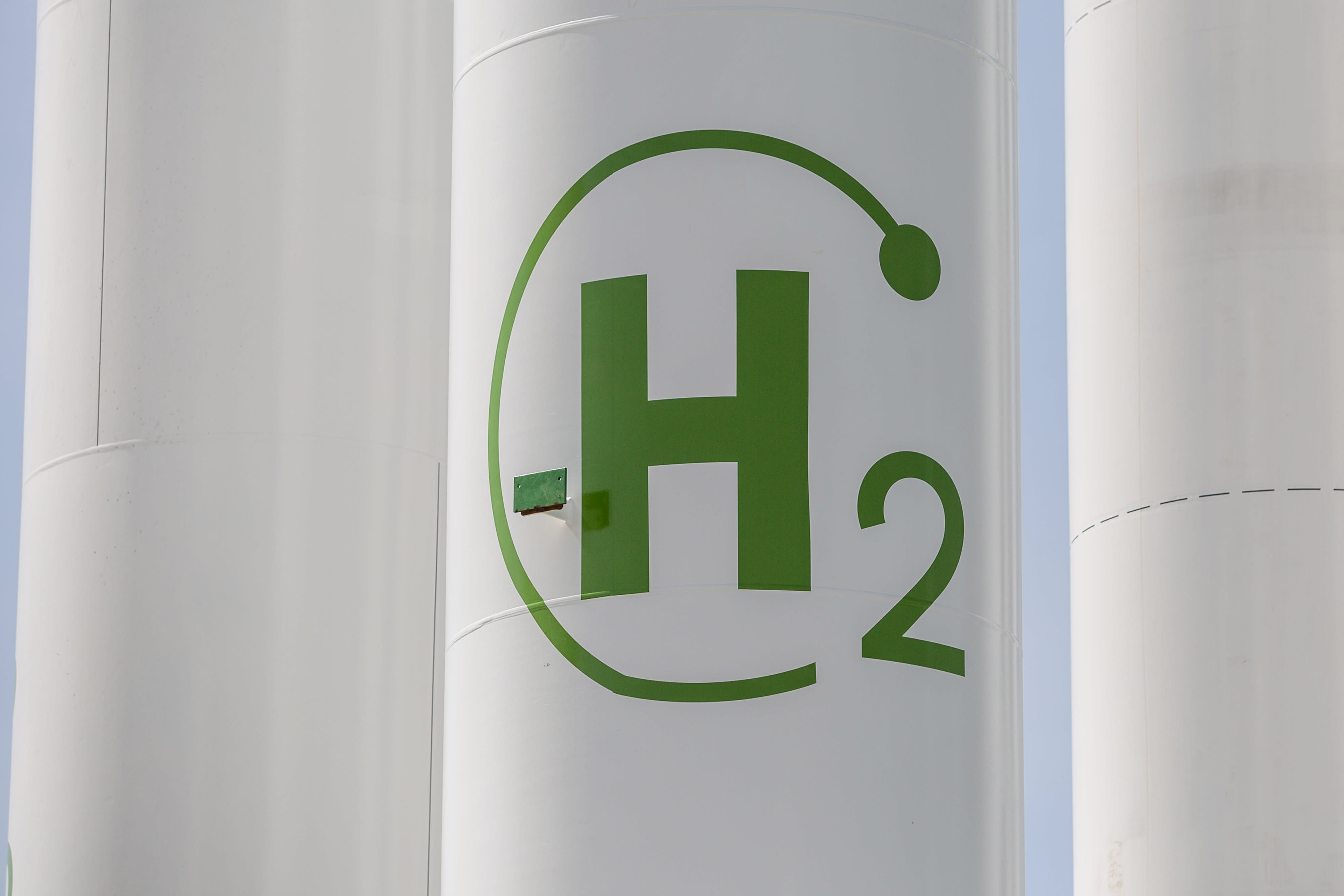[ad_1]
An LNG vessel in Tekirdag, Turkiye on April 12, 2023. ]
Lokman Akkaya | Anadolu Agency | Getty Images
Russia’s role as a global energy player is set to diminish, and the U.S. and Qatar are among a slew of nations ready to fill its shoes, analysts told CNBC.
“Russia’s global LNG supply share will almost certainly decline this decade,” Henning Gloystein, a director for energy, climate, and natural resources at political consultancy Eurasia Group told CNBC. He noted that its role in the liquefied natural gas space was retreating even before the country’s invasion of Ukraine last year.
related investing news


Western sanctions, which resulted from the onslaught of its neighbor, further sapped most foreign investment out of Russia’s LNG sector.
Russia’s inability to purchase liquefaction modules (which enable natural gas to be converted into LNG) will hamper its ambitions, said the Director of South and Southeast Asia Gas of S&P Global Commodity Insights, Zhi Xin Chong.
“In this decade, it will be extremely challenging for Russia to expand its liquefaction capacity given the broad sanctions that have been imposed on the country,” Chong said in an e-mail.
He added that the total capacity for Russia’s LNG facilities to produce natural gas will remain flat at 37 million tons over the next few years.
By 2030, the total global LNG capacity will grow by 50% to 671 million tons per year — and Russia’s share of this pie is expected to fall to 5% from the current 6.7%, S&P further projects.
Russia’s diminishing place
In 2021 before its invasion of Ukraine, Russia was the world’s largest gas exporter, as well as the fourth largest LNG exporter after Australia, Qatar and the U.S.
And these countries are expected to fill the gas gap — alongside others.
“We’re going to see much more emphasis on other places like the U.S., Mozambique and Australia,” Chong said.
In the first half of 2022, the U.S. overtook Qatar and Australia to become the world’s largest LNG exporter, according to the Energy Information Administration, citing data from not-for-profit organization Cedigaz.
The Liquefied Natural Gas (LNG) tanker Maria Energy is moored at the Uniper LNG terminal at the Jade estuary in Wilhelmshaven, northern Germany, on January 4, 2023.
Focke Strangmann | Afp | Getty Images
By 2030, Chong expects the U.S. to take up 25% of global LNG capacity, and Qatar to make up 19%.
Eurasia’s Henning also cited the U.S. and Qatar as being the “main beneficiaries” as Russia falls back from the world’s LNG ecosystem.
“New projects and expansions to existing facilities in the U.S. as well as Qatar’s massive North Field expansion have been significantly accelerated as Europe piled into the LNG market last year,” he said.
Asides from the U.S. and Qatar, the Eastern Mediterranean is also on his list as the region is geographically well suited to replace Russian pipeline gas to southern European countries, especially Italy, Greece and Croatia.
“East African LNG including Mozambique and potentially also Tanzania may also benefit,” Henning added.
LNG’s diminishing place?
However, he cautioned that the “window of opportunity is relatively narrow” given Europe’s drive to reduce overall gas consumption through upcoming restrictions on usage and investment in alternative domestic supply sources.
The European Union unveiled a REPowerEU plan shortly after the start of the Ukriane war, with an aim of increasing the share of renewables in final energy consumption to 45% by the end of the decade. This dovetails with the European Climate Law’s long-term decarbonization agenda, Pavel Molchanov, managing director of equity research at investment bank Raymond James, told CNBC via email.
“The expansion of renewable power means that the role of gas, not to mention coal, is diminishing over time,” he said.
[ad_2]

